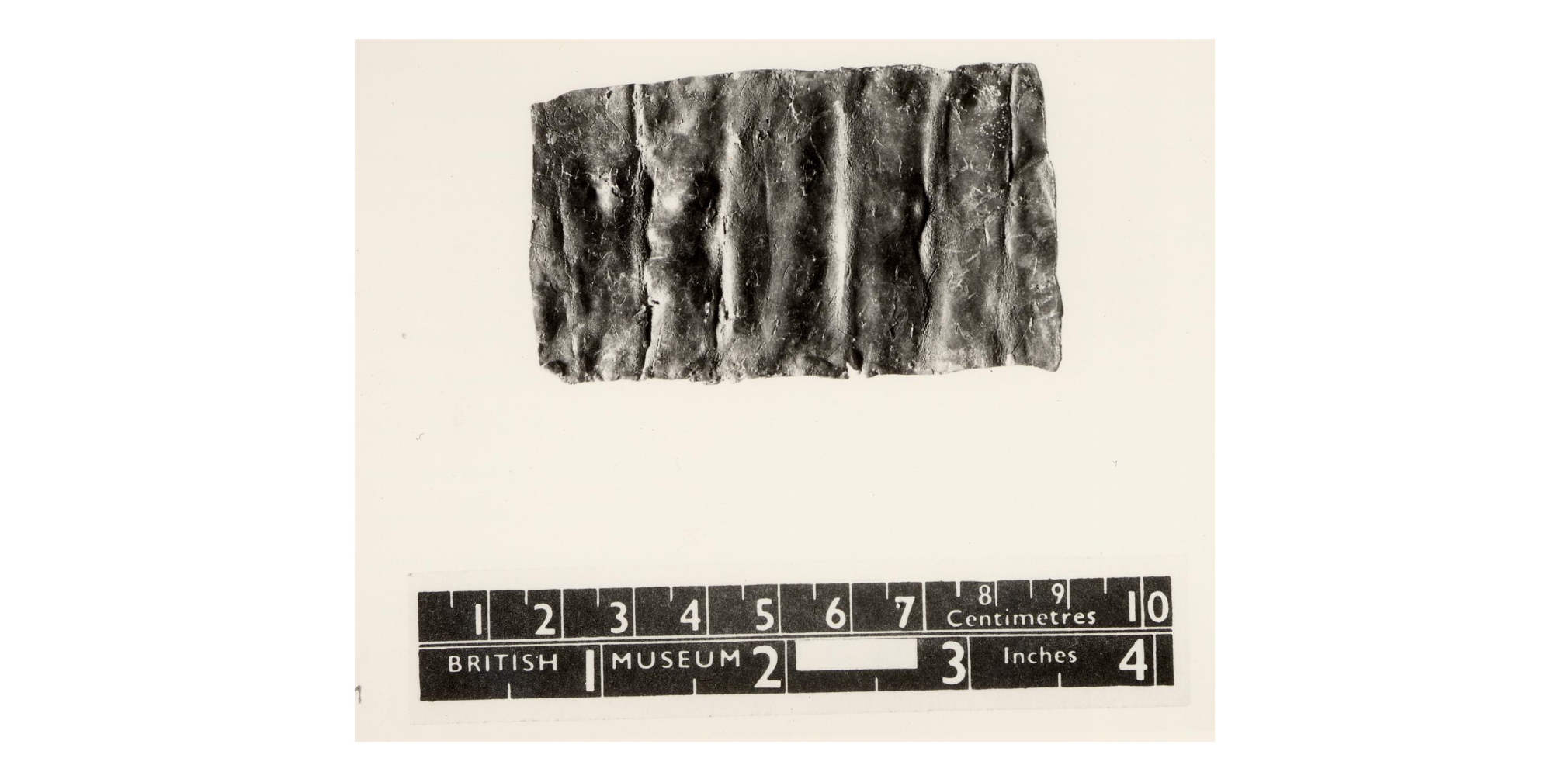Your assist helps us to inform the story
From reproductive rights to local weather change to Massive Tech, The Unbiased is on the bottom when the story is growing. Whether or not it is investigating the financials of Elon Musk’s pro-Trump PAC or producing our newest documentary, ‘The A Phrase’, which shines a light-weight on the American ladies preventing for reproductive rights, we all know how essential it’s to parse out the details from the messaging.
At such a crucial second in US historical past, we’d like reporters on the bottom. Your donation permits us to maintain sending journalists to talk to either side of the story.
The Unbiased is trusted by Individuals throughout the whole political spectrum. And in contrast to many different high quality information retailers, we select to not lock Individuals out of our reporting and evaluation with paywalls. We imagine high quality journalism must be accessible to everybody, paid for by those that can afford it.
Your assist makes all of the distinction.
Roman Britain’s pagan gods had been was supernatural policemen and executioners to search out and punish criminals.
New analysis into dozens of paperwork from a now long-vanished Roman temple close to Uley, Gloucestershire reveals how, within the absence of a police power, Romano-Britons successfully gave the job of regulation enforcement to their gods.
An in depth evaluation of greater than 80 letters written to the Roman deity, Mercury, implore him to assist get well stolen items and to punish the thieves who stole them.
The letters, written primarily by nation individuals who lived in Gloucestershire some 18 centuries in the past, sought divine help in monitoring down, apprehending and punishing these answerable for stealing a variety of property – all the things from horses, cows, sheep and a beehive to textiles, rings (together with a beneficial gold one), a horse bridle, ladies’s underwear, a number of cloaks, a hat, gloves, pewter plates, two wheels and huge quantities of money.
Two instances appear to have concerned very substantial quantities of cash. One letter asks Mercury for help in recovering 35,000 denarii (equal to nicely over £250,000 at this time!) – whereas one other letter means that the god shall be rewarded with 100,000 denarii if he succeeds in forcing a debtor to settle his very giant debt with the letter author.
Two different letters ask Mercury to take robust motion in opposition to practitioners of black magic – particularly to cease enemies from utilizing magic to hurt cattle.

The letters (often known as ‘curse tablets’) – all inscribed on items of lead – had been discovered within the Nineteen Seventies, however had been so worn and tough to learn that it is solely now that they’ve been transcribed and printed.
The transcription and evaluation operation was so complicated and difficult that it took considered one of Britain’s high Latin students, Oxford College’s Professor Roger Tomlin, greater than two years of strong work to finish the duty.
“The lead tablets are extraordinarily essential paperwork that are serving to us to extra totally perceive life in Roman Britain and the way in which Romano-Britons thought,” stated Professor Tomlin, writer of the not too long ago printed e book concerning the letters, The Uley Tablets: Roman Curse Tablets from the Temple of Mercury at Uley
“The paperwork give us a chance to learn in their very own phrases what was happening of their minds,” he stated.

Many of the 85 letters had been written in Latin, however two had been inscribed in a Celtic language – and one, although written in Latin, was inscribed in Greek script. The completely different languages, scripts and the names of the letter writers counsel that, even within the countryside, society was very multi-cultural.
The paperwork are essential for 3 key causes:
- To begin with, they reveal that literacy was commonplace in Romano-British rural society. Up until now that had not been totally realised. Many of the letters had been written in Latin even if the letter-writers’ names counsel that a lot of them had been in all probability of native British heritage, moderately than of continental Roman ethnicity.
- Secondly, they reveal that crime was commonplace within the Romano-British countryside – and that folks noticed their gods as the one method to receive justice. That truth demonstrates the very sensible perform that faith had in Roman Britain.
- Thirdly, along with two Celtic language paperwork present in Bathtub, the 2 Uley Celtic texts are starting to disclose the indigenous language, spoken by many Romano- Britons, even perhaps a majority of the inhabitants. Up until now, students didn’t know whether or not the Bathtub paperwork had been written in British Celtic or Gaulish (French Celtic). However not less than one of many two Uley Celtic paperwork, being studied by Nottingham College linguist and historian, Professor Alex Mullen and former Cambridge Professor, Celticist Paul Russell appear to be written in the identical language because the Bathtub ones – and, due to Uley’s rural non-metropolitan location, that truth suggests, for the primary time, that the Uley and Bathtub Celtic paperwork had been in all probability written in British Celtic, moderately than in Gaulish.
These 4 texts are due to this fact the one recognized seemingly examples of the native language spoken in Britain in late prehistoric instances and within the Roman interval. Up until now, the one means of gaining insights into how individuals spoke in historical Britain had been to attempt to back-construct that long-lost language from southern Britain’s trendy Celtic languages (Welsh and Cornish) and by finding out historical Celtic names.

“The 4 Uley and Bathtub texts, supply distinctive insights into the Celtic language spoken inside native communities in Roman Britain,” stated Professor Mullen.
However the overwhelming majority of the Uley paperwork are written in Latin, the principle language of the Roman Empire.
Map of Uley:
Lots of the letters requested Mercury (and sometimes the war-god, Mars) not solely to speak with or observe down criminals but additionally to behave as executioner, if the prison didn’t cooperate.
The messages requested the related god to make use of excessive measures to make sure that stolen property was returned and that different wrongdoing was stopped.
One letter requested Mercury to make sure that a prison misplaced the power to urinate, defecate, communicate, sleep or have good well being till he returned the products he had stolen.
One other one requested the god to inflict ailing well being on a prison and to not allow him to lie down or to sit down or to drink or eat – till the stolen gadgets had been returned

A very harsh letter implored Mercury to make sure that a prison’s whole household “languishes in sleeplessness with unknown illnesses” and that they “repel all people” by changing into “half-naked, toothless, trembling and gouty” and that no person takes pity on them. The letter even implores the god to be sure that members of that thief’s household die in “probably the most disgusting state, and that they don’t discover you merciful”.
If stolen items had been returned, the letter-writers usually provided to ‘pay’ the god for his providers – often by giving him a specified share of the recovered items.
The temple at Uley was not a standard Roman one, however was as an alternative a local British temple through which a Roman deity (Mercury) had been merged with an area native British one (in all probability known as Arweriacus or Arwerius – maybe the realm’s prosperity/fertility god). The native god’s title options in lots of the letters along side the title Mercury. Certainly the hill on which the temple stood appears to have been known as the Hill of Arwerius.
The temple had begun within the late Iron Age, in all probability shortly earlier than the mid 1st century AD Roman conquest, with Mercury being merged with Arwerius there someday after the conquest. It was situated just some hundred metres from a serious Iron Age city – and it’s due to this fact seemingly that the temple had some reference to that inhabitants centre, both throughout or after the city’s interval of occupation.
The temple was in use for not less than 350 years – however appears to have both partially collapsed or been demolished in or after the late 4th century AD (when Britain was changing into more and more Christianised).
Nonetheless, the top of Mercury’s larger-than-life sacred temple cult statue appears to have been so revered that native individuals, probably his worshippers or ex-worshippers, very rigorously laid it to relaxation it in a specifically dug pit, simply ten metres from the positioning of the temple.
In Roman custom, Mercury was the god of cash/prosperity, fertility/intercourse and divine communication who was notably revered by retailers, but additionally particularly revered (maybe considerably) by thieves.
#Britain #supernatural #policemen #hunt #criminals
The Unbiased
#Britain #supernatural #policemen #hunt #criminals
David Keys , 2024-12-23 12:36:00


